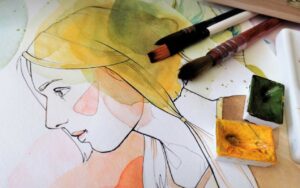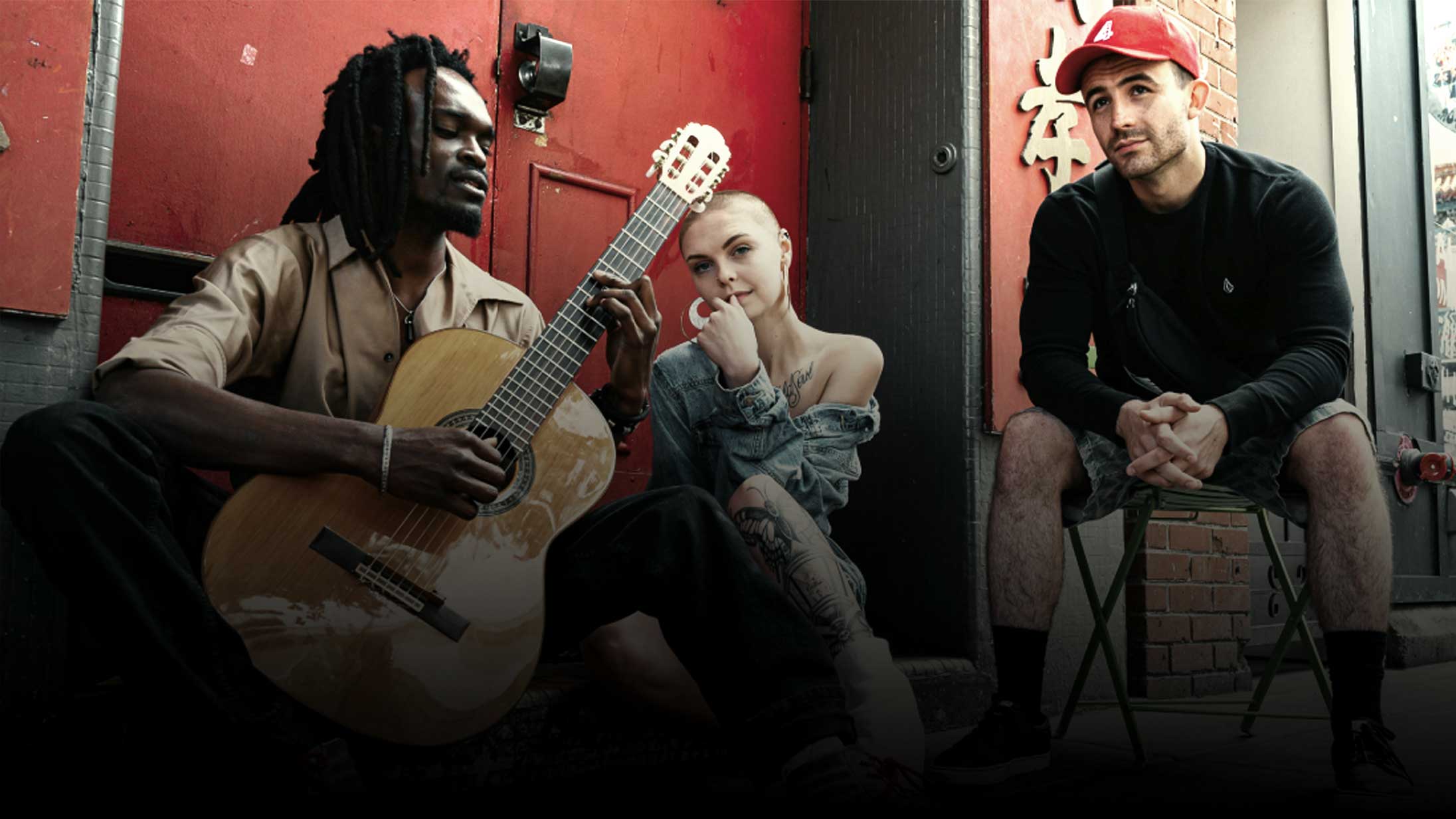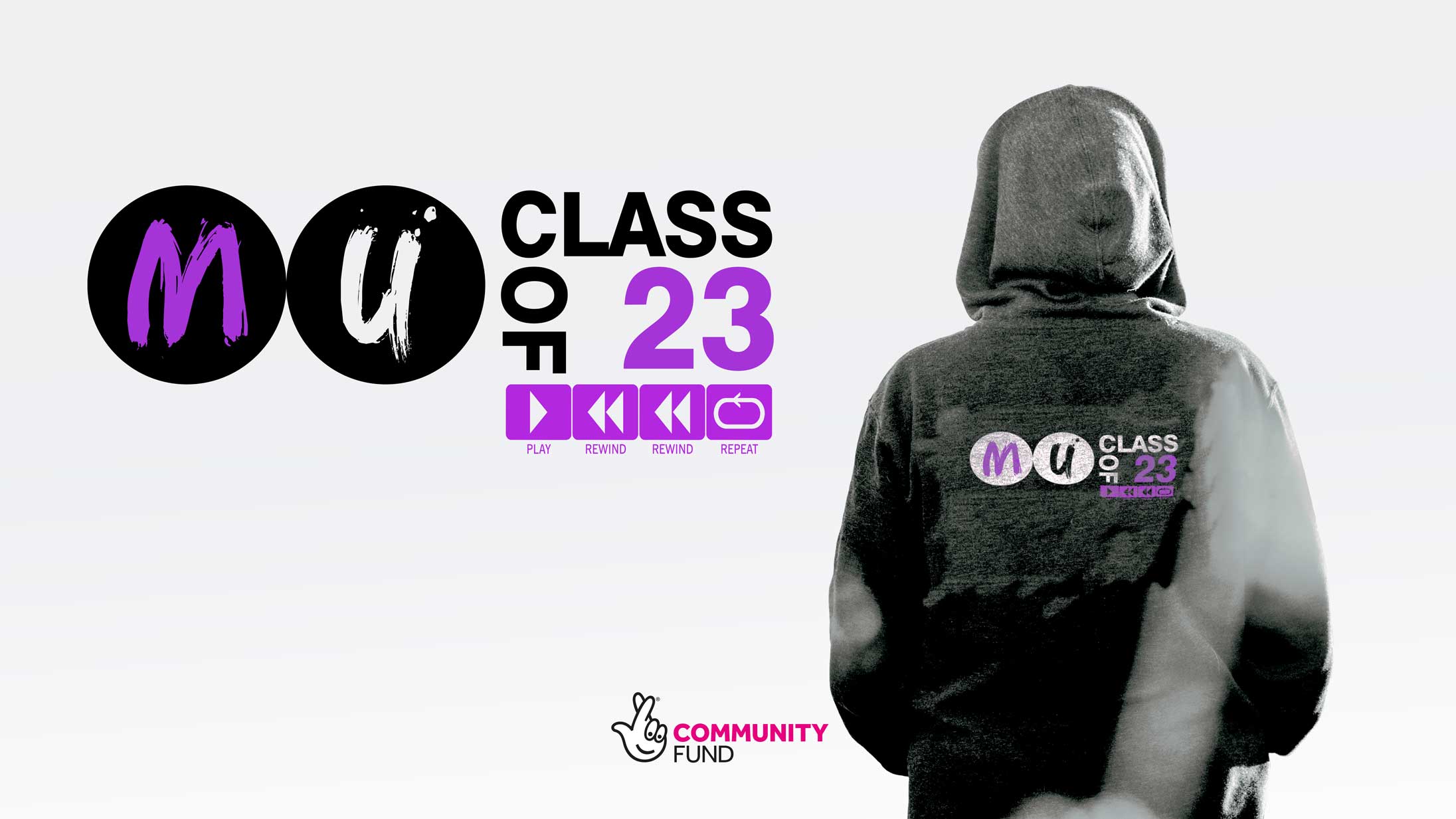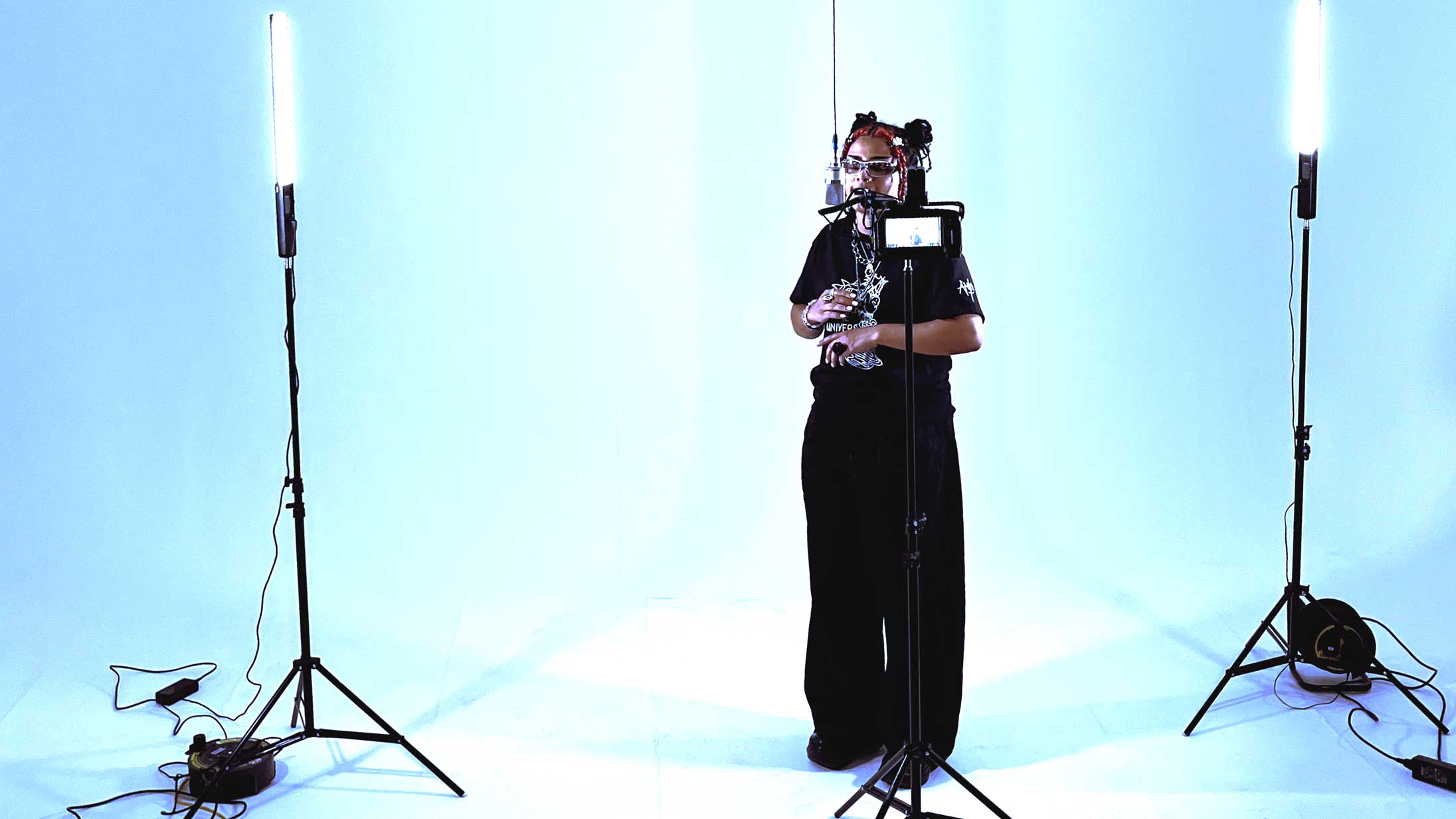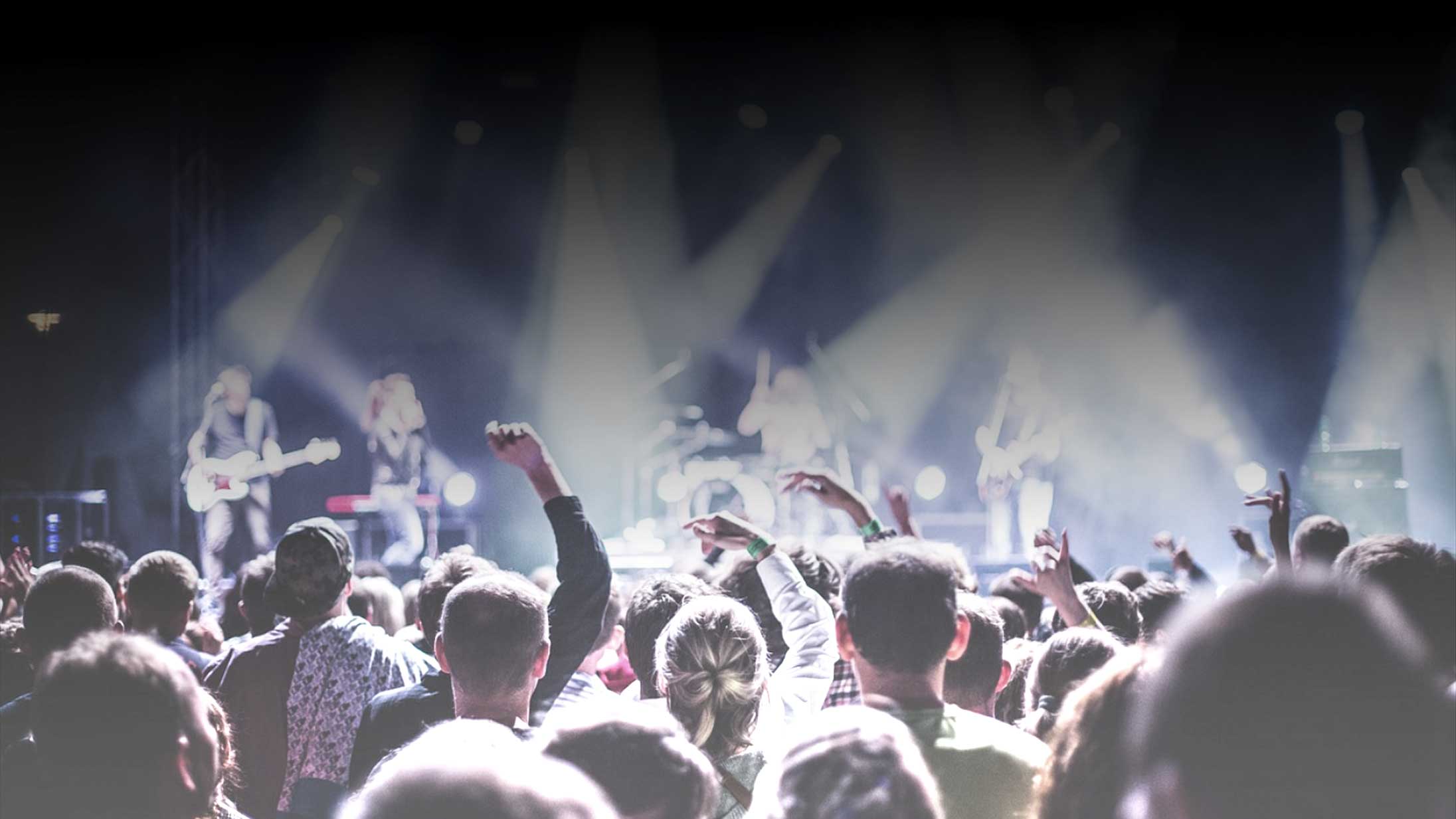
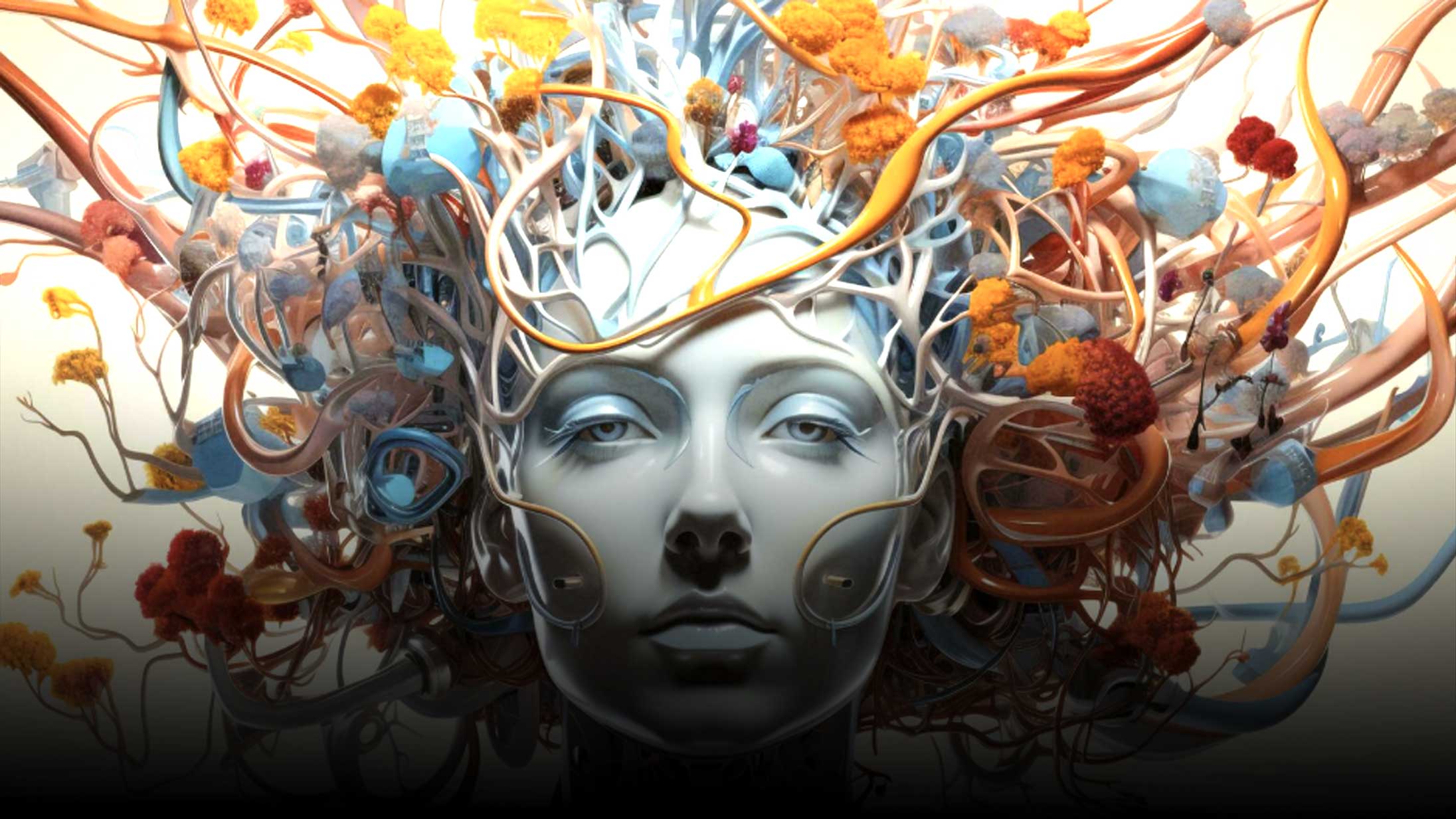
The Future of Creativity: How Artificial Intelligence is Shaping the Creative Arts Industry
This article will explore how artificial intelligence is transforming the creative arts by offering both opportunities and challenges, while also examining AI’s role in the future of creativity and innovation.
How Is AI Reshaping The Creative Industries?
Artificial intelligence continues to advance in the creative industries by enhancing the way creators approach their work. From generating creative ideas and suggesting alternatives to producing completed projects, such as music compositions and visual artwork, AI is revolutionising the creative process. This advanced technology makes professional creative tools more accessible, opening opportunities for those with little expertise to bring innovative ideas to life. However, while AI opens the door to endless possibilities, it also raises important questions about the future of creative jobs, artistic originality, and industry ethics in a world increasingly driven by technology.
Industry Ethics: Intellectual Property, Copyright, and Artistic Originality in the Age of AI
As artificial intelligence evolves within the creative arts, it raises complex ethical concerns regarding intellectual property, copyright, and artistic originality. These issues are becoming more prominent as AI-generated content becomes increasingly sophisticated, blurring the line between human-made and machine-made works. Traditional copyright laws, which are designed for human-made creations, struggle to address the new realities of AI-driven content. The current legal framework for intellectual property and copyright is ill-equipped to deal with the complexities AI introduces into creative works.
The Future of Creative Jobs in the Age of AI
On the other hand, while some creative roles may be replaced, many new positions are emerging due to the development of artificial intelligence. Roles such as AI-assisted designers, who combine creativity with technology, are becoming more common. Additionally, AI will foster greater collaboration by providing new tools for experimentation and innovation. However, concerns about job displacement in areas like content creation remain. Ultimately, AI will not replace human creativity but will instead create new opportunities for creatives to adapt, collaborate, and utilise machines to push artistic boundaries.
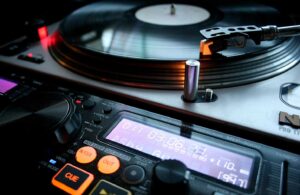
The Future of AI in Creative Arts
In conclusion, as artificial intelligence transforms the creative arts by enhancing productivity and unlocking new avenues for creativity and innovation, the future of creativity will depend on blending human capabilities with AI technology. This combination will open up fresh opportunities while preserving the essence of artistic expression.


